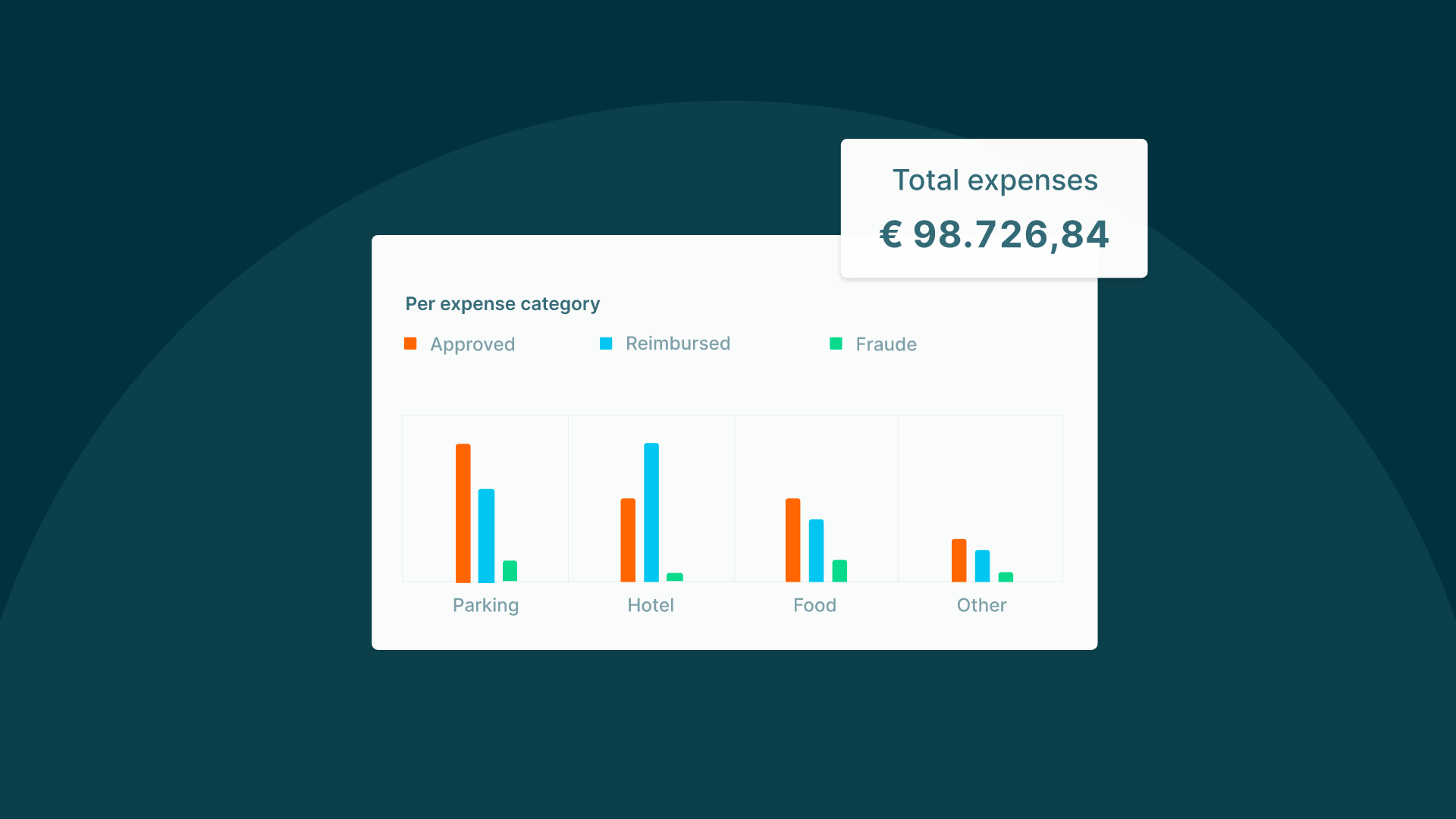What is an audit?
Audit in travel expense management
An audit is a systematic and independent review of an organisation’s records, processes, or operations. Its primary aim is to assess the accuracy, reliability, and compliance of these elements with established rules, standards, or guidelines.
Audits play a vital role in promoting transparency, maintaining regulatory compliance, and enhancing organisational integrity.

Key principles and steps of an audit
A standard audit process typically involves four key phases:
- Planning: The audit begins by clearly defining its scope, objectives, and the procedures to be followed. This step ensures the process remains focused and effective.
- Fieldwork: Auditors gather evidence through inspection, observation, interviews, and verification of records. This phase forms the core of the evaluation.
- Reporting: After collecting evidence, auditors present their findings in a report that outlines any issues, risks, or areas for improvement, along with practical recommendations.
- Follow-up: The final phase ensures that recommended actions are implemented and that improvements have taken effect, helping the organisation maintain compliance and performance over time.
Benefits of conducting an audit:
Regular audits offer several advantages:
- Enhanced performance: By identifying inefficiencies and suggesting improvements, audits support continuous operational enhancement.
- Risk mitigation: Audits help detect potential fraud, mismanagement, or compliance failures before they escalate.
- Increased trust: Transparent audit practices build confidence among stakeholders, investors, and regulators.
- Governance and accountability: Audits reinforce strong internal controls and sound management practices, supporting long-term success.
Whether performed internally or externally, audits are essential to sustaining trust, performance, and compliance in any organisation. As businesses navigate increasingly complex regulatory environments, audits serve as a cornerstone of effective financial and operational management.
Explore blogs on related topics
Here are other resources you might enjoy

The Role Of Big Data In Expense Management
/Listing%20Images/Optimising%20Mobility%20Expenses%20Cut%20Costs%2c%20Boost%20Efficiency%20Listing%20Image.png?width=1920&height=1080&name=Optimising%20Mobility%20Expenses%20Cut%20Costs%2c%20Boost%20Efficiency%20Listing%20Image.png)
Your Complete Guide to Mobility Expense Management
/Listing%20Images/Why%20Travel%20Managers%20Choose%20Mobilexpense.png?width=1920&height=1111&name=Why%20Travel%20Managers%20Choose%20Mobilexpense.png)
7 Reasons Why Travel Managers Choose Mobilexpense in 2025
%20(2).png?width=1200&height=1200&name=Newsletter%20CTA%20pop-up%20vertical%20(1200%20x%201200%20px)%20(2).png)

